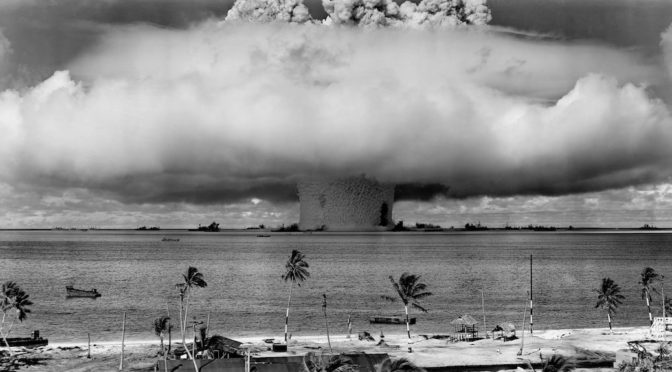The risk of Weapons of Mass Destruction materials falling into the hands of criminals continues to be a major security concern following 9/11. Efforts to curb the threat culminated in 2004 with U.N. Security Council Resolution 1540. Resolution 1540 created an international institution—the 1540 regime—that was intended to prevent WMD proliferation by closing legal gaps… Continue reading Building a Universal Counter-Proliferation Regime: The Institutional Limits of United Nations Security Council Resolution 1540
Category: Vol. 10 No. 1
Gathering Intelligence: Drifting Meaning and the Modern Surveillance Apparatus
Since its implementation in 1981, Executive Order 12,333 has served as a general charter governing the structure and operations of the Intelligence Community. While legislation has imposed a degree of added judicial and congressional oversight, the executive branch continues to retain sole discretion over large swathes of foreign intelligence activity today. Over the past several… Continue reading Gathering Intelligence: Drifting Meaning and the Modern Surveillance Apparatus
Requiem for Korematsu?
Stephen Dycus reviews Professor Eric K. Yamamoto’s timely book In the Shadow of Korematsu: Democratic Liberties and National Security, published just weeks before the Supreme Court decided Trump v. Hawaii. Dycus draws out the book’s core themes, highlighting Yamamoto’s analysis of the Korematsu decision and its continued relevance in American jurisprudence. The review concludes with… Continue reading Requiem for Korematsu?



